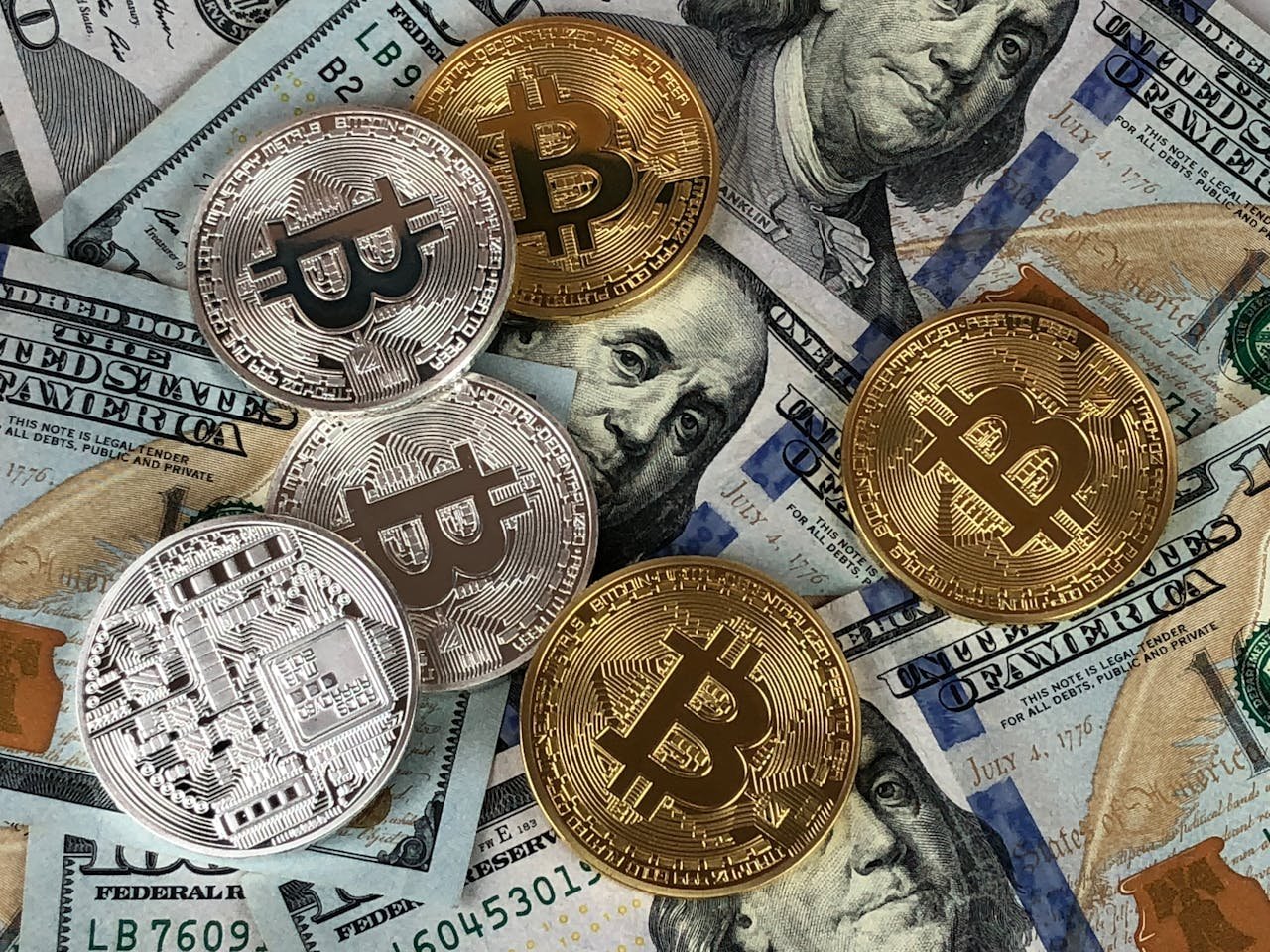In the fast-paced world of cryptocurrency, social media has become both a boon and a bane. While it offers a platform for genuine discussions and updates, it’s also a fertile ground for scams. Here’s a closer look at how social media contributes to crypto fraud through influencers, fake giveaways, and impersonation.
- Influencers and Shilling
Influencers wield significant power in the crypto space. Their endorsements can drive massive interest in a coin or token, often leading to price surges. However, this power can be abused. Some influencers are paid to promote projects without conducting proper due diligence, or worse, they might be involved in pump-and-dump schemes. These schemes involve inflating the price of a cryptocurrency through false hype, only for the promoters to sell off their holdings for a profit, leaving other investors with worthless assets.
- Fake Giveaways
Another common scam involves fake giveaways. Fraudsters create posts or ads offering free cryptocurrency or tokens in exchange for a small deposit or personal information. These scams often use the names and likenesses of reputable figures or companies to appear legitimate. Victims are lured into sending their funds or details, only to find out they’ve been swindled once the scammers disappear with their money.
- Impersonation
Impersonation is a particularly insidious form of fraud on social media. Scammers create fake profiles pretending to be influential figures, company representatives, or even friends and family. They may reach out to individuals with offers of investment opportunities or urgent pleas for help, often coaxing victims into revealing sensitive information or transferring funds. These impersonators often use social engineering tactics to build trust before executing their scam.
Protecting Yourself
To protect yourself from social media crypto scams, consider these steps:
Verify Sources: Always check the authenticity of influencers and their claims. Research the project or coin being promoted, and verify the influencer’s reputation through multiple sources.
Be Skeptical of Free Offers: If something sounds too good to be true, it probably is. Be wary of any giveaway that requires you to send money or personal information.
Check for Verification: Look for verification badges on social media profiles and be cautious of accounts with suspiciously high followings but little engagement or history.
Educate Yourself: Stay informed about common scams and new fraud tactics. Awareness is a powerful tool against fraud.
